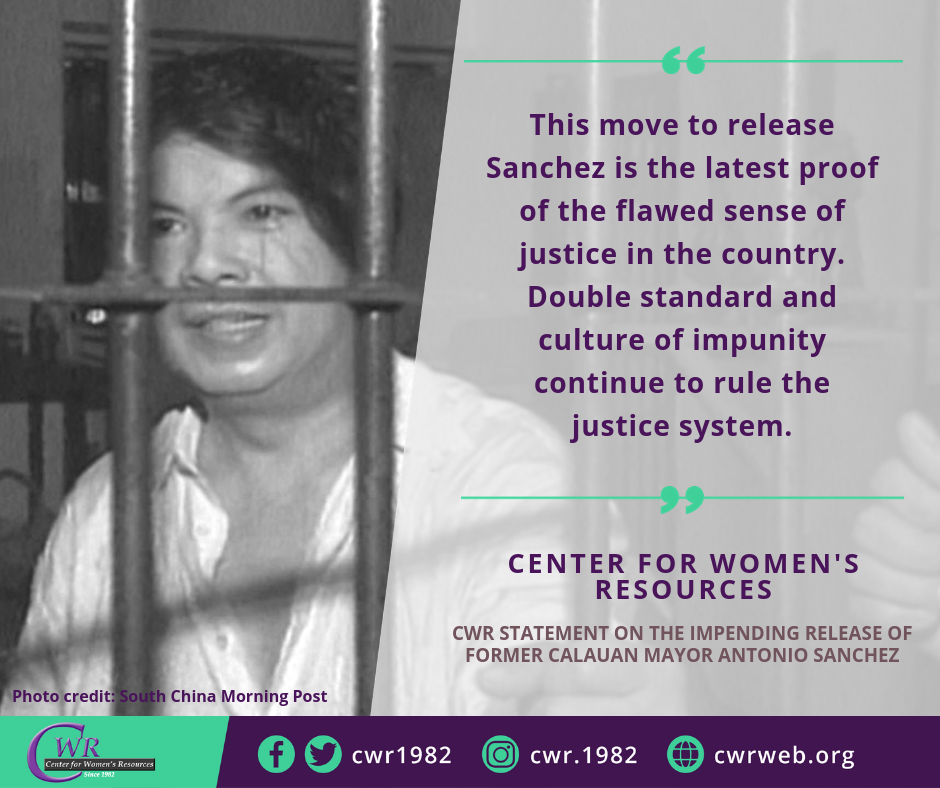The Center for Women’s Resources (CWR) condemns the negligent response of the Marcos administration to the devastating impacts of El Niño, particularly on peasant women. The administration’s failure to address the needs of peasant communities underscores a pattern of disregard for the welfare of those most vulnerable to environmental and economic crises.
The impact of El Niño on the agricultural sector in the Philippines has been devastating, with over 41 provinces experiencing severe consequences, including the loss of farmlands and crops. As of March 2024, the damage to agriculture amounts to P1 billion, with a significant loss in rice production alone. Around 247,610 farmers and fisher folk are also at risk of bankruptcy and loss of livelihood.
Despite these alarming figures, President Marcos Jr.’s response has been dismissive and insensitive as he refused to declare a nationwide state of calamity. Even before the impacts of El Niño, the poverty incidence among farmers and fisher folk is already alarmingly high. In 2021, the poverty incidence among farmers was at 30% and 30.6% among fisher folk, the highest among sectors. According to the PSA, the agriculture and fisheries sector comprised 10.8 million in 2022, where 2.99 million are women.
The root of the crisis lies in the failure to prioritize the development of local agriculture to the detriment of the livelihood of Filipino farmers. For instance, neoliberal policy of privatization led to monopolization of water resources and distribution that left small-scale farmers at the mercy of private players such as Ayala’s Manila Water, Maynilad of Metro Pacific Investments, and Prime Water of Villar Group. Consequently, only 1.2% or 39,300 hectares of irrigation development target has been reached despite the increased budget allocation to the National Irrigation Administration (NIA) in the national budget.
Trade agreements and laws like the Agriculture and Fisheries Modernization Act (AFMA), World Trade Organization Agreement on Agriculture (WTO-AoA), Rice Liberalization Law, and Regional Comprehensive Economic Partnership (RCEP) have favored foreign interests over national development which hinders the growth of the agricultural sector. The push for the pro-foreign ownership “economic” Charter Change further threatens the agricultural sector.
As El Niño subsides and the threat of La Niña looms, the government’s inaction in providing adequate support and resources to mitigate the effects of extreme weather patterns is alarming. Without proper assistance and planning, farmers will continue to face significant challenges and losses due to unpredictable weather conditions and climate change. Coupled with a trend of silencing dissent through militarization and violence, it poses a grave threat to the safety and well-being of farmers, fisher folk, and land rights activists.
The Center for Women’s Resources stands firmly in solidarity with Filipino farmers amidst this ongoing crisis. We echo their demand for urgent government support and an end to neoliberal policies that exacerbate the plight of Filipino farmers. We urge all Filipinos to unite in demanding that the government prioritize the well-being of its citizens, to safeguard our rights to livelihood and democratic rights. #



